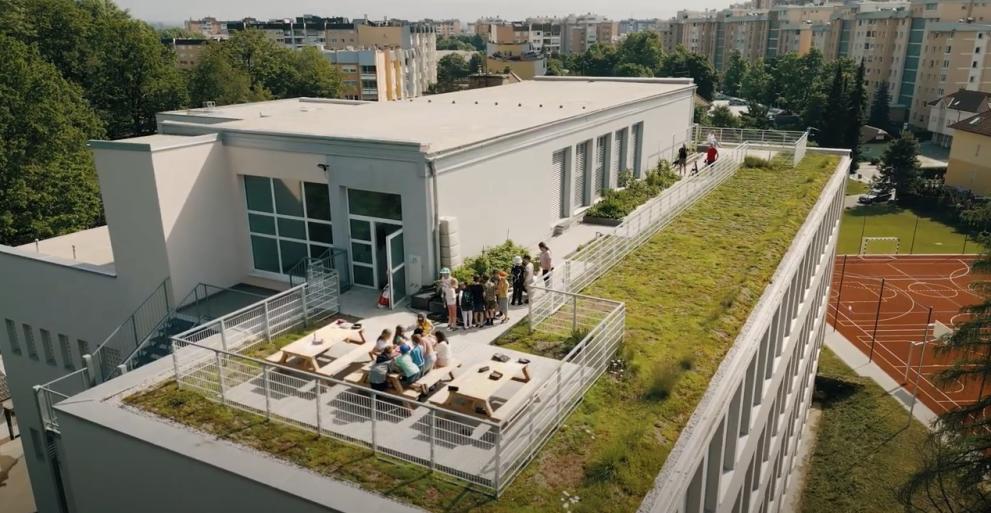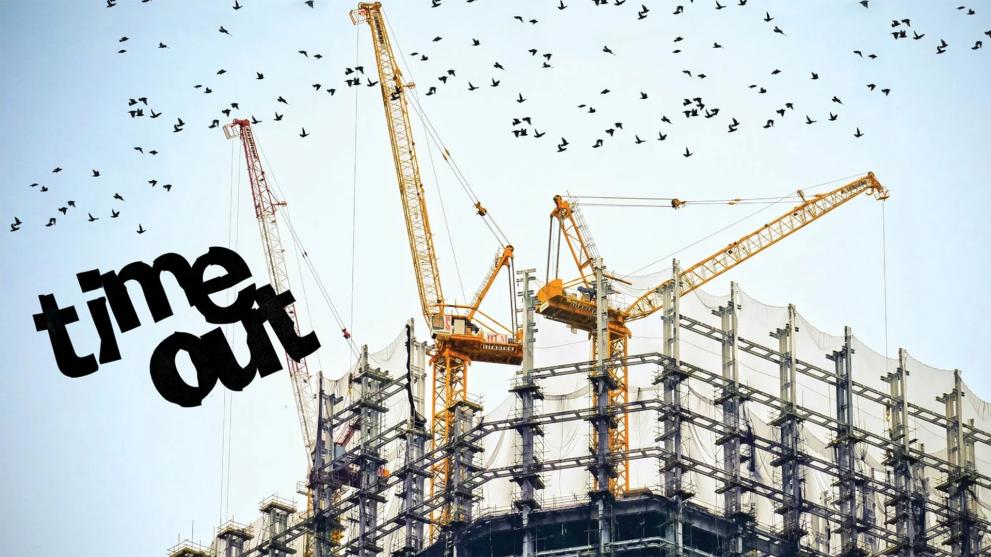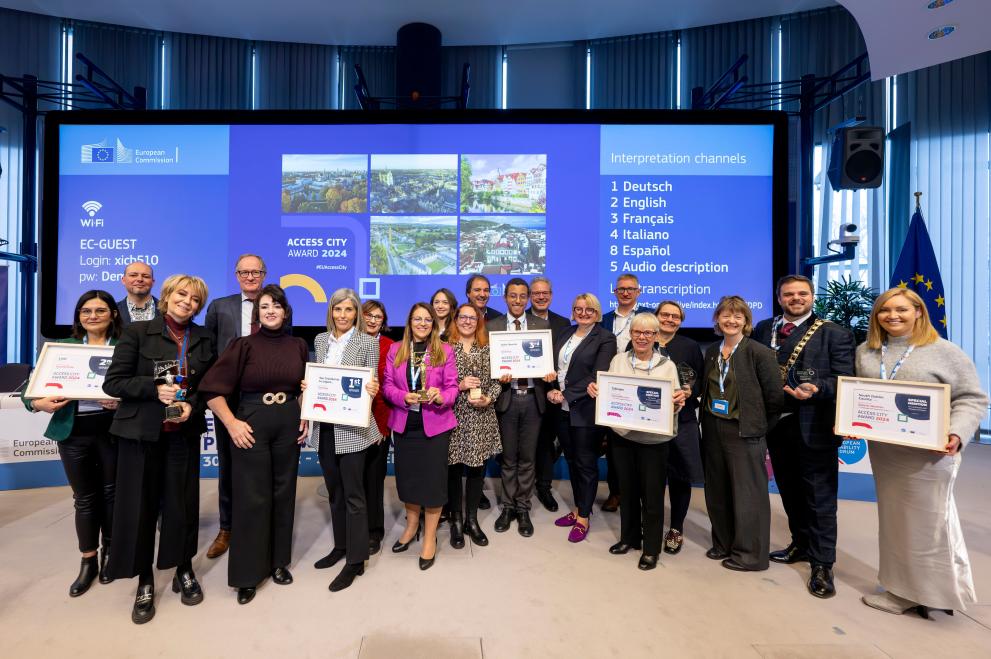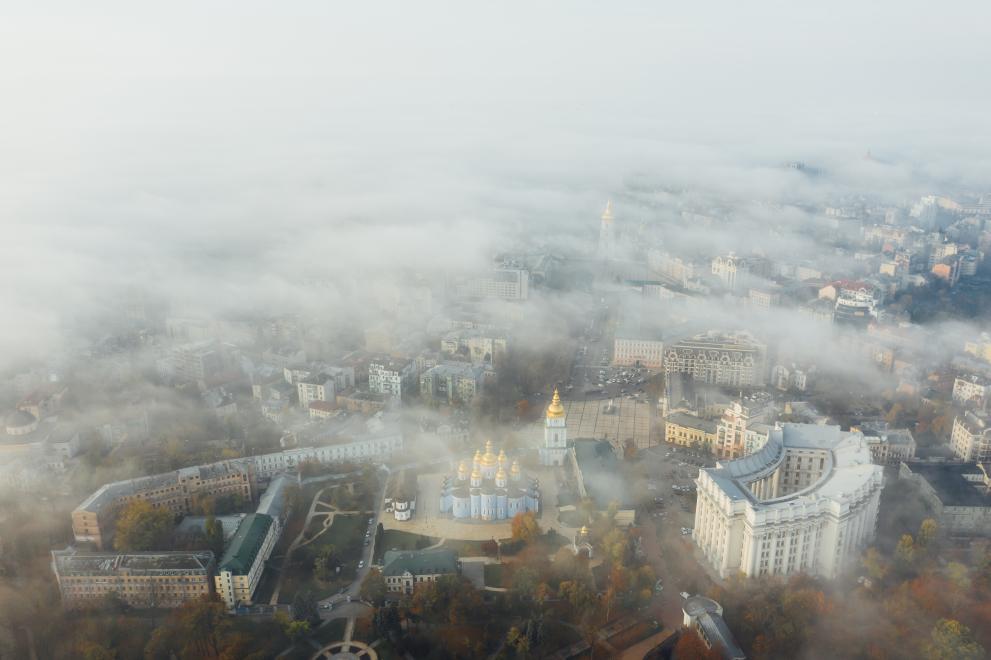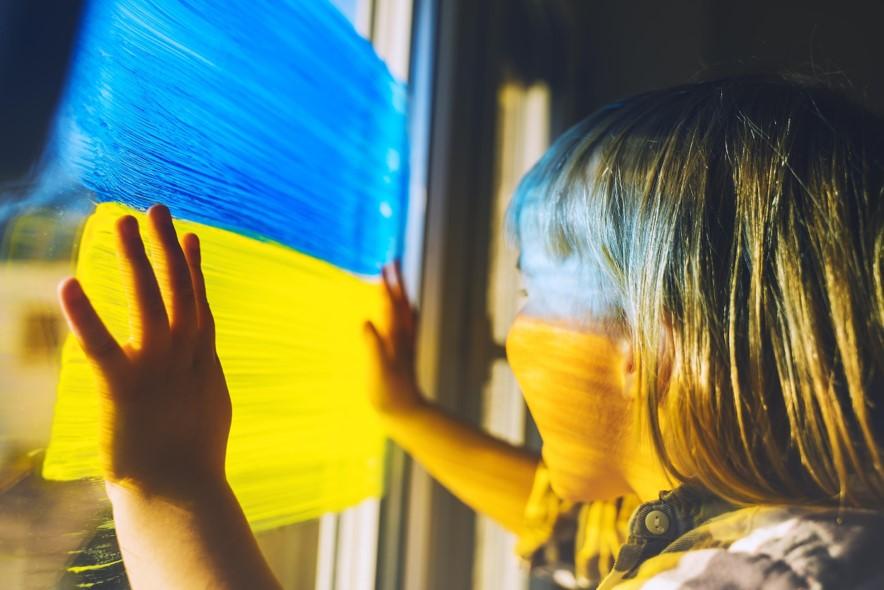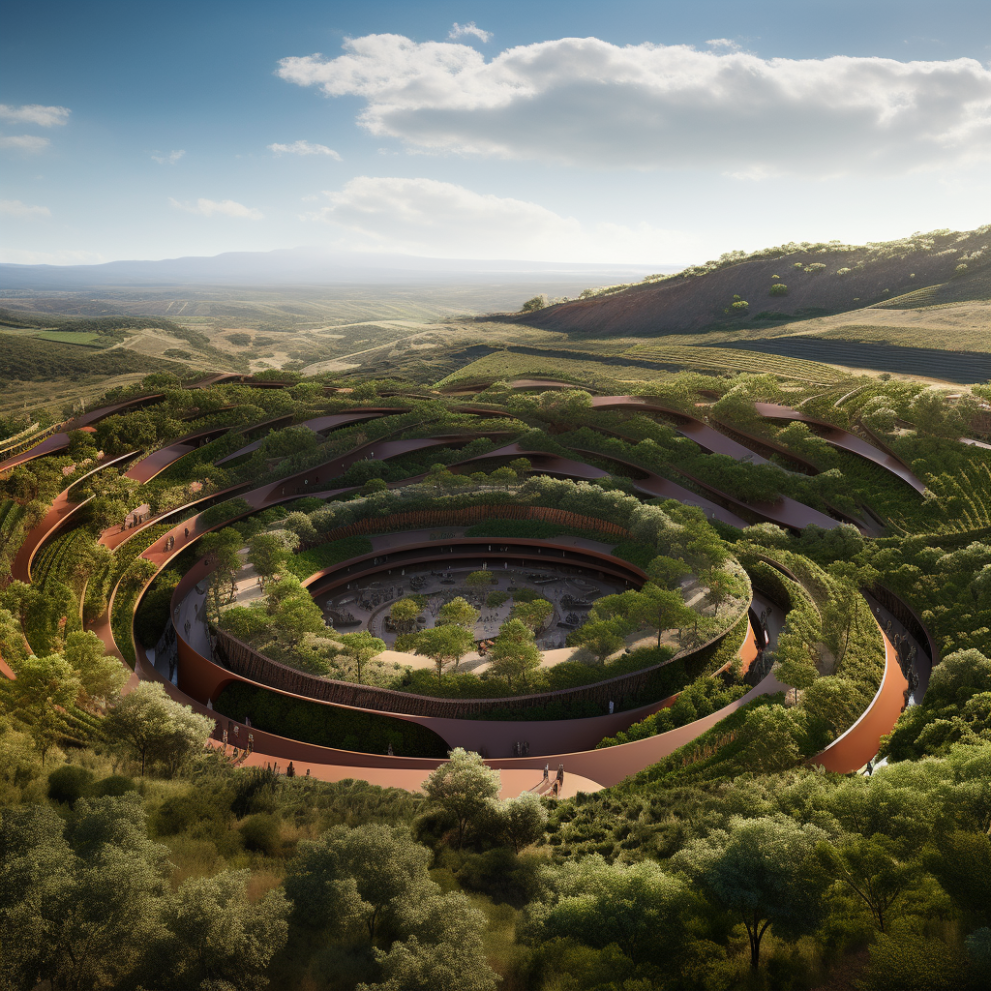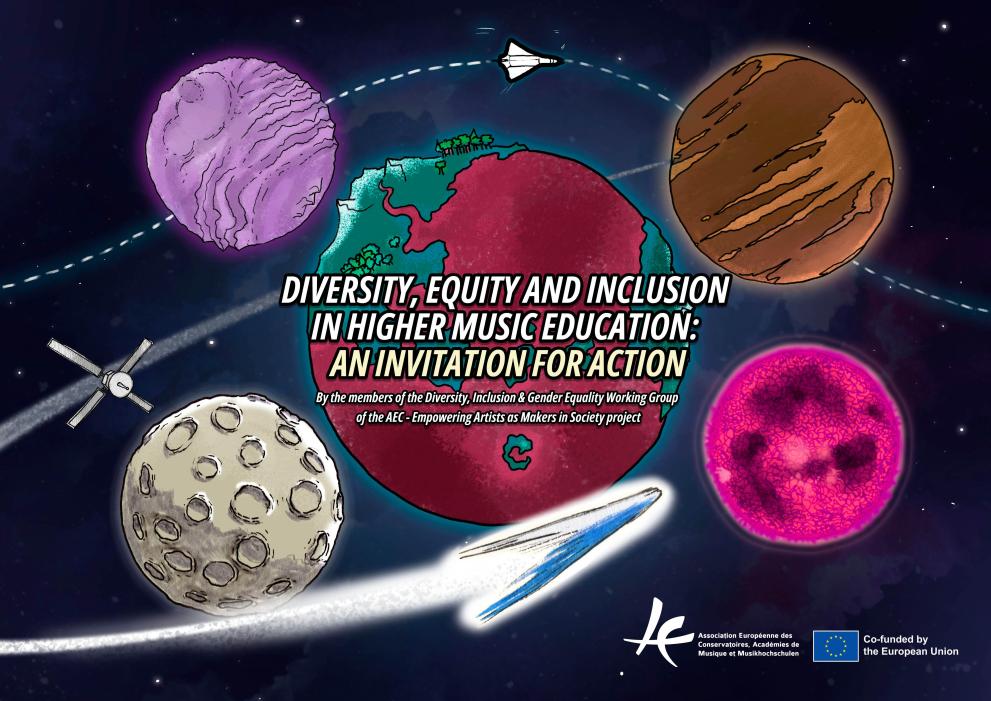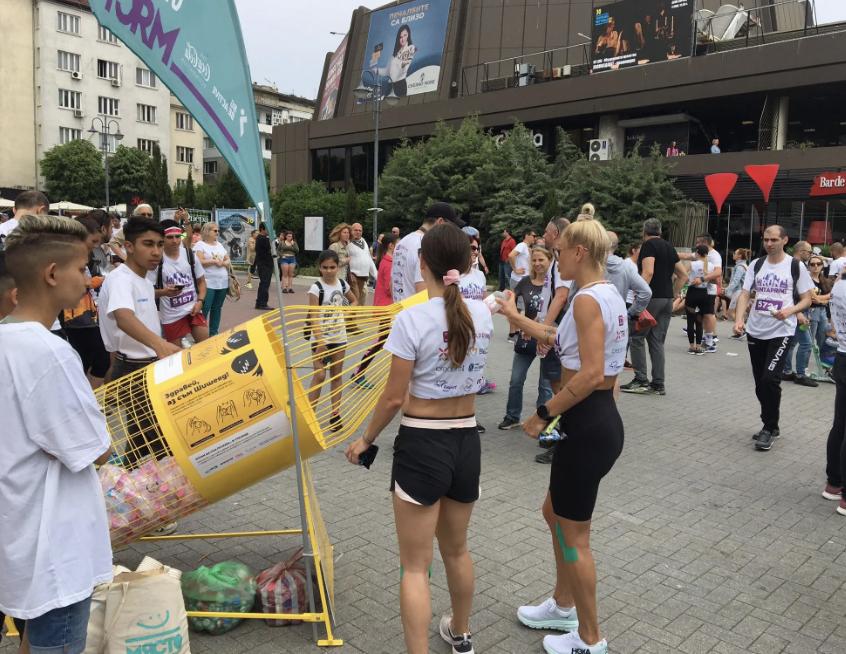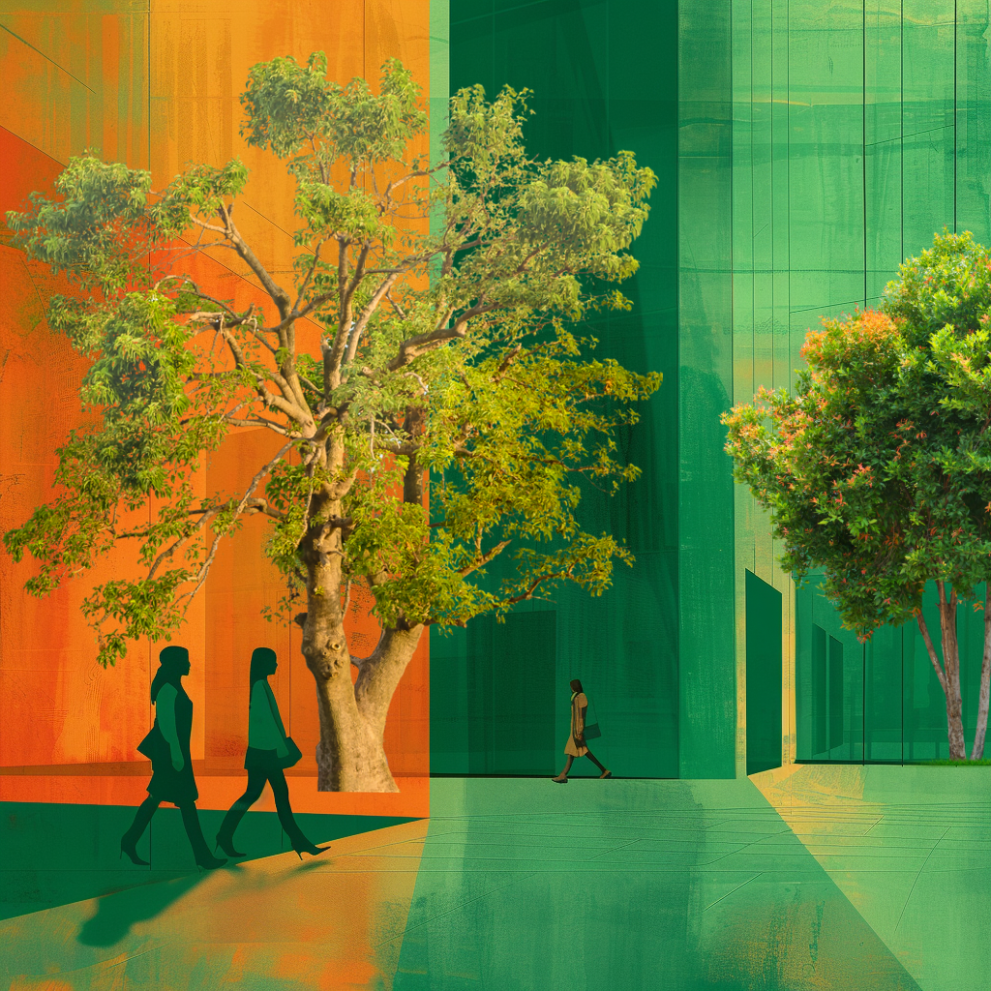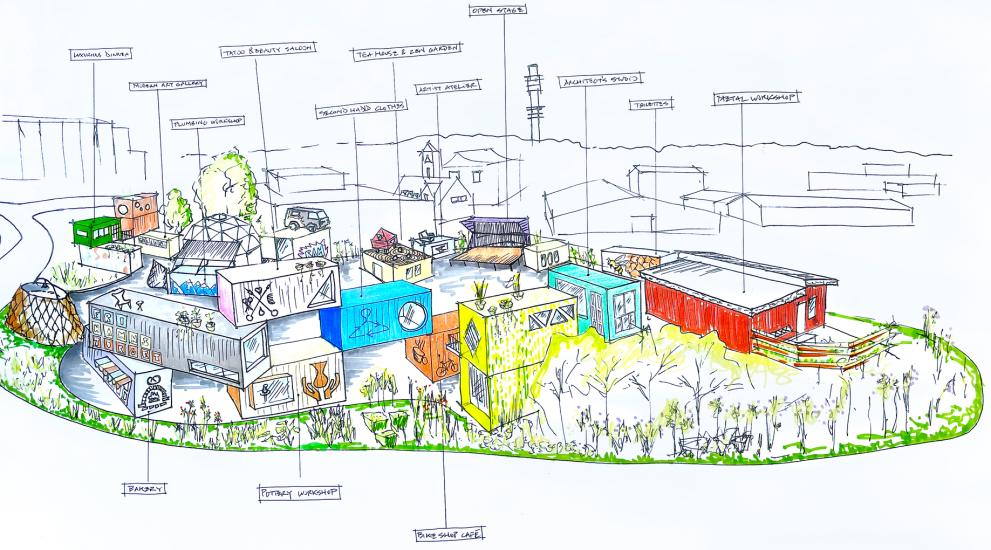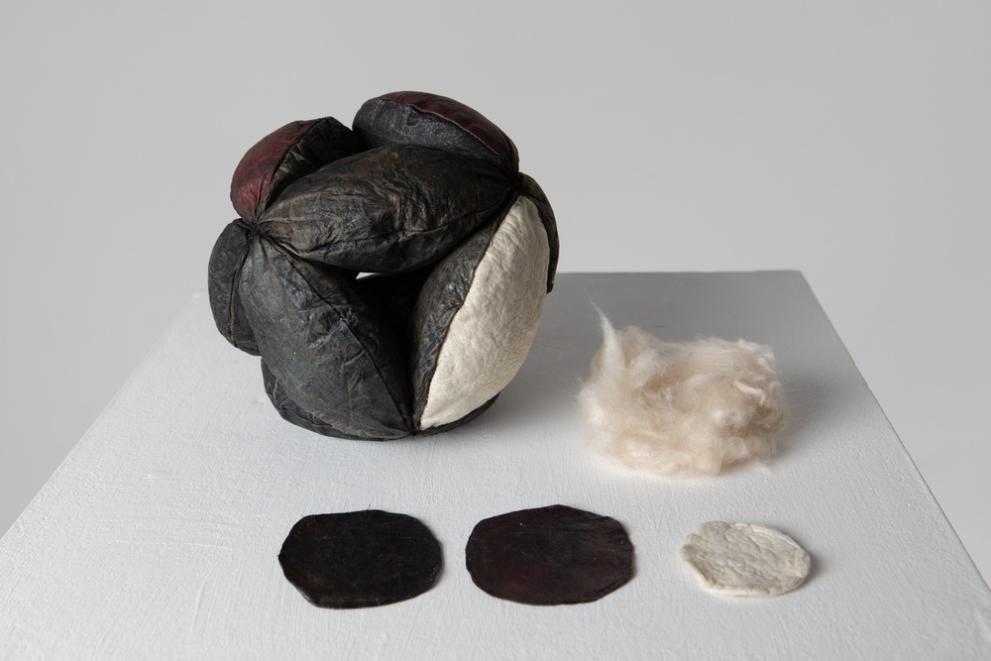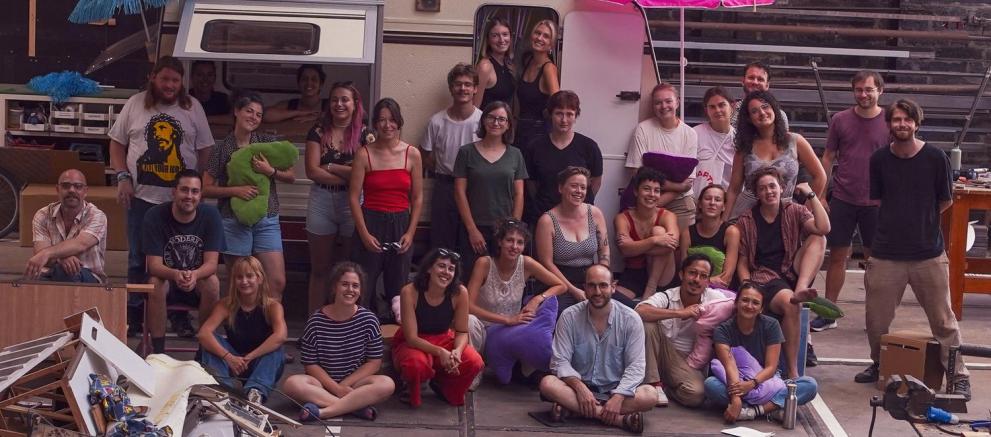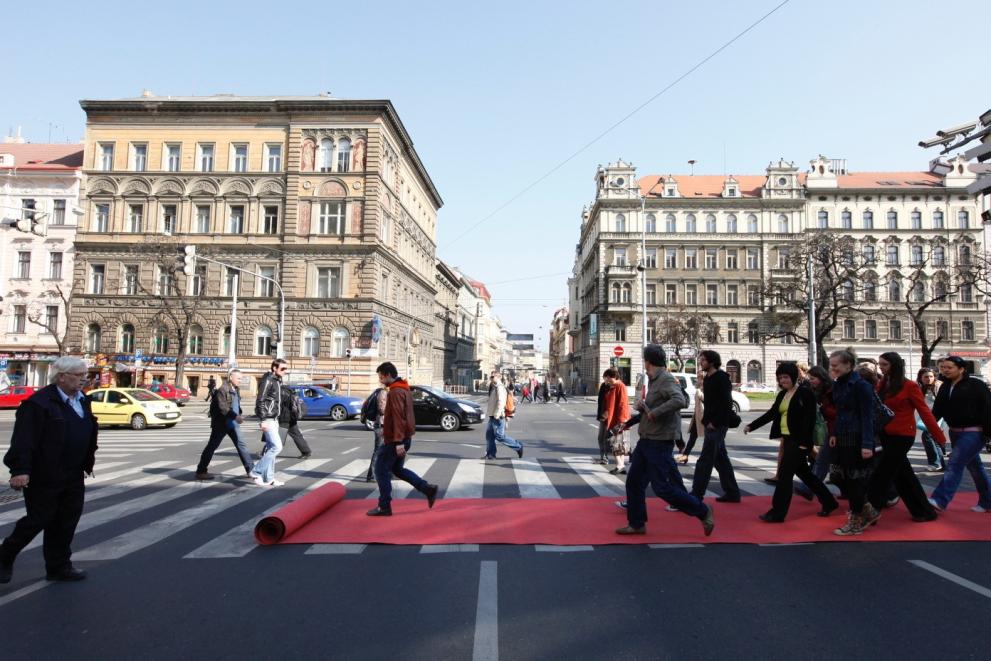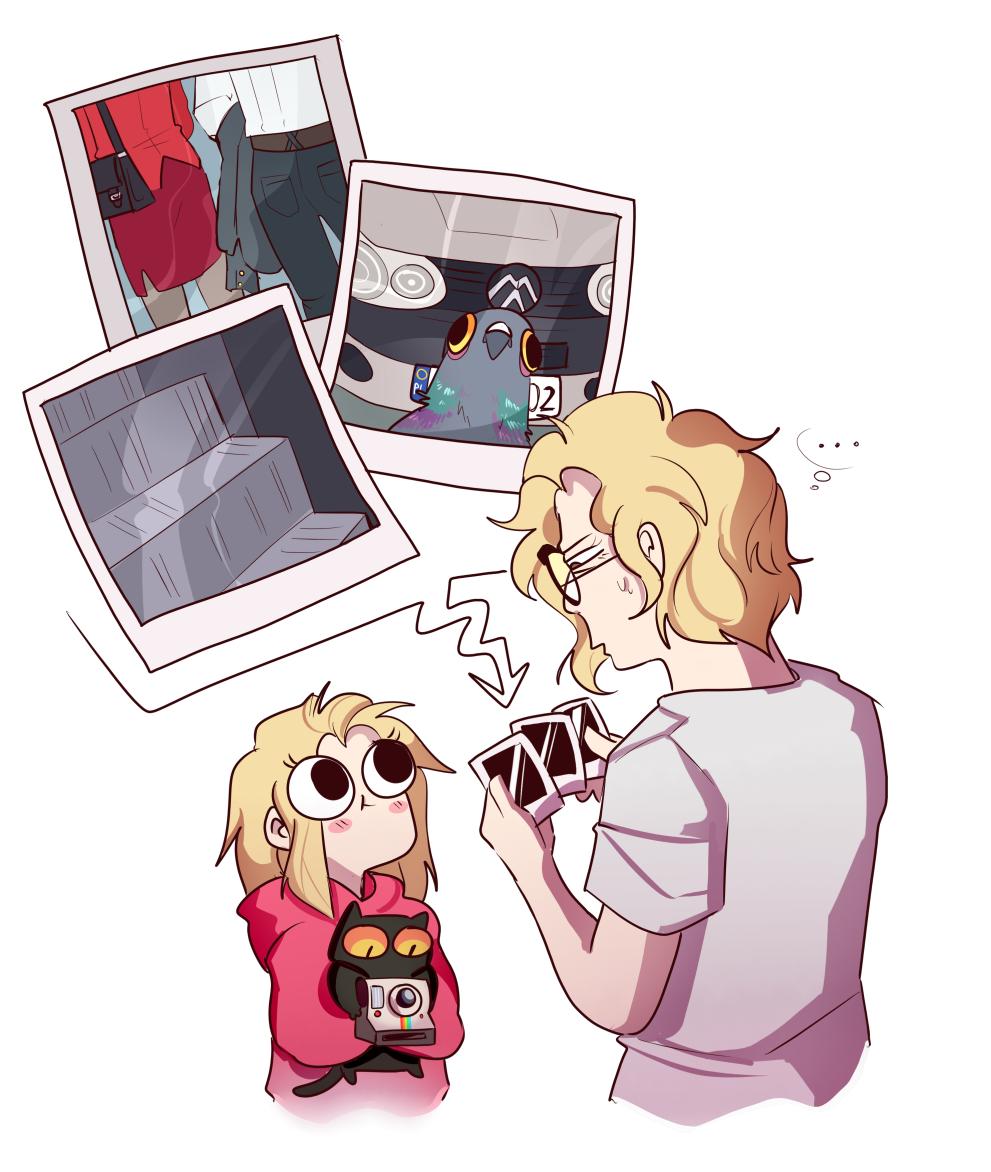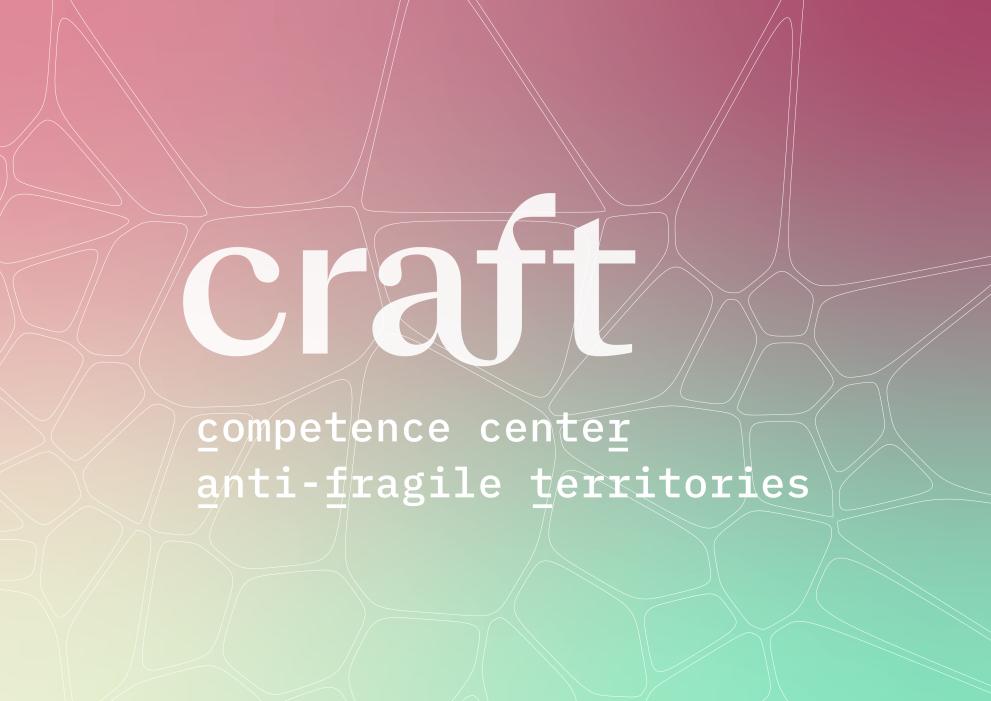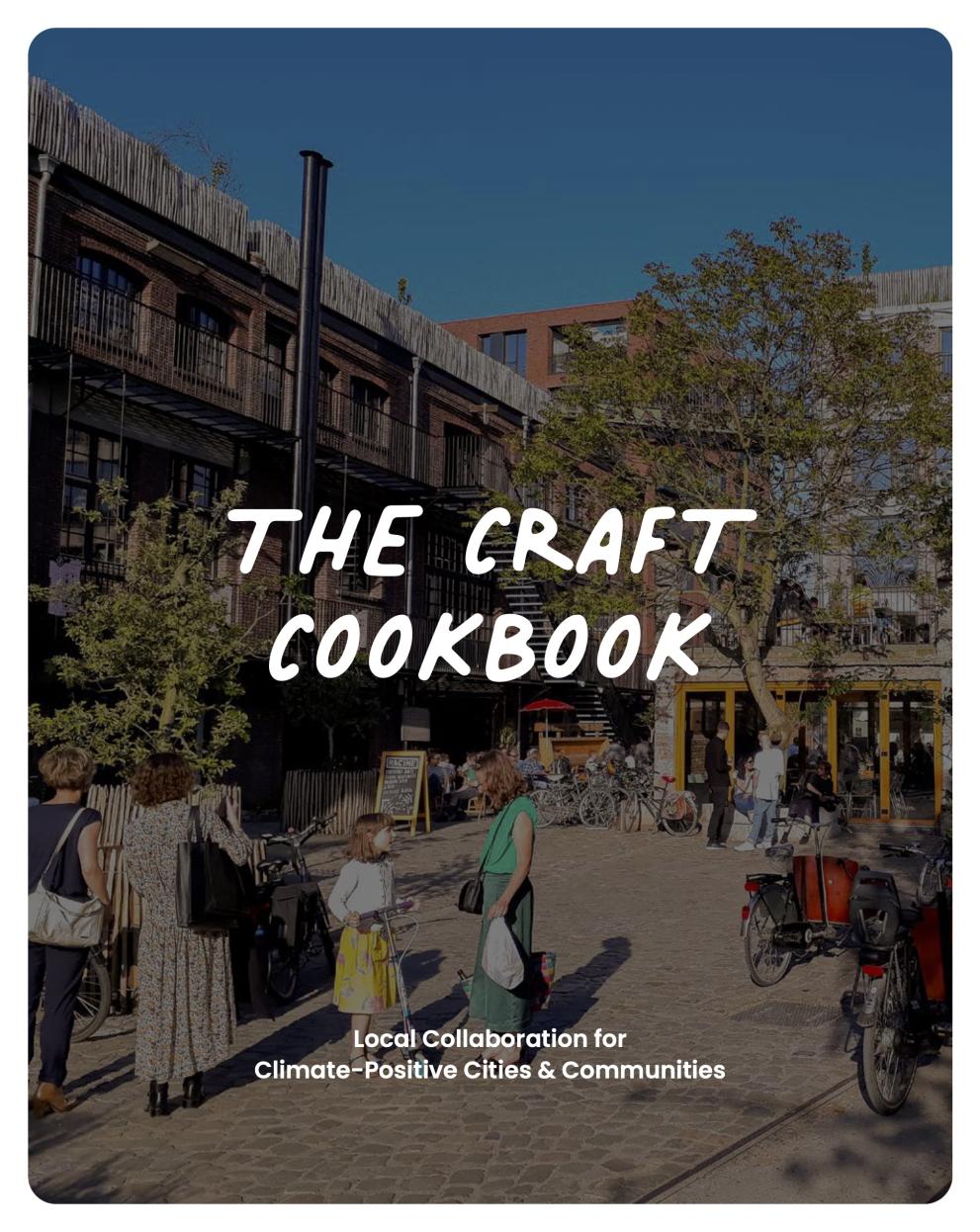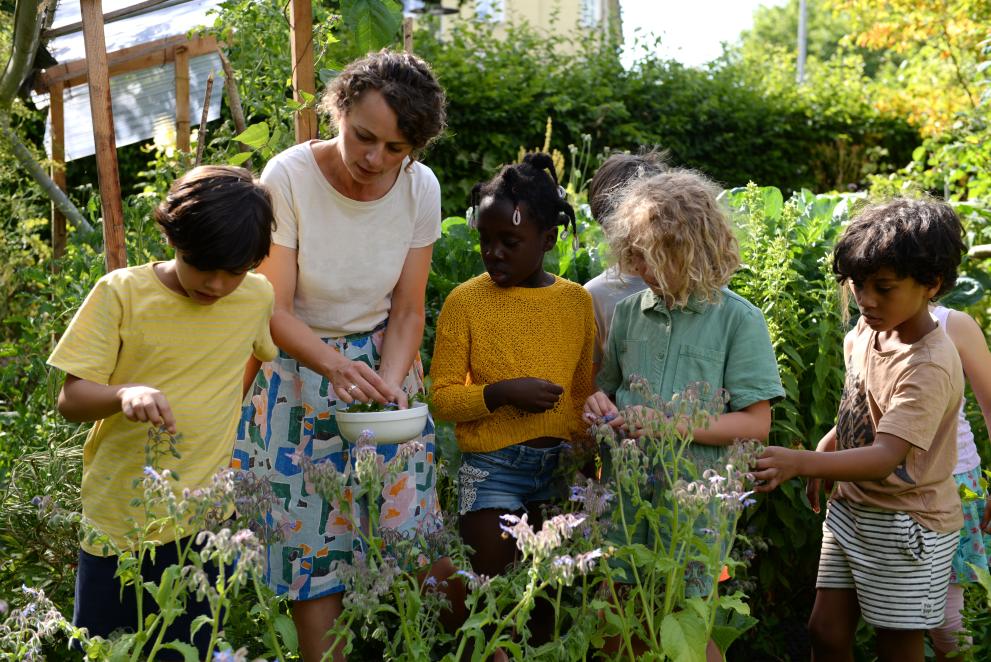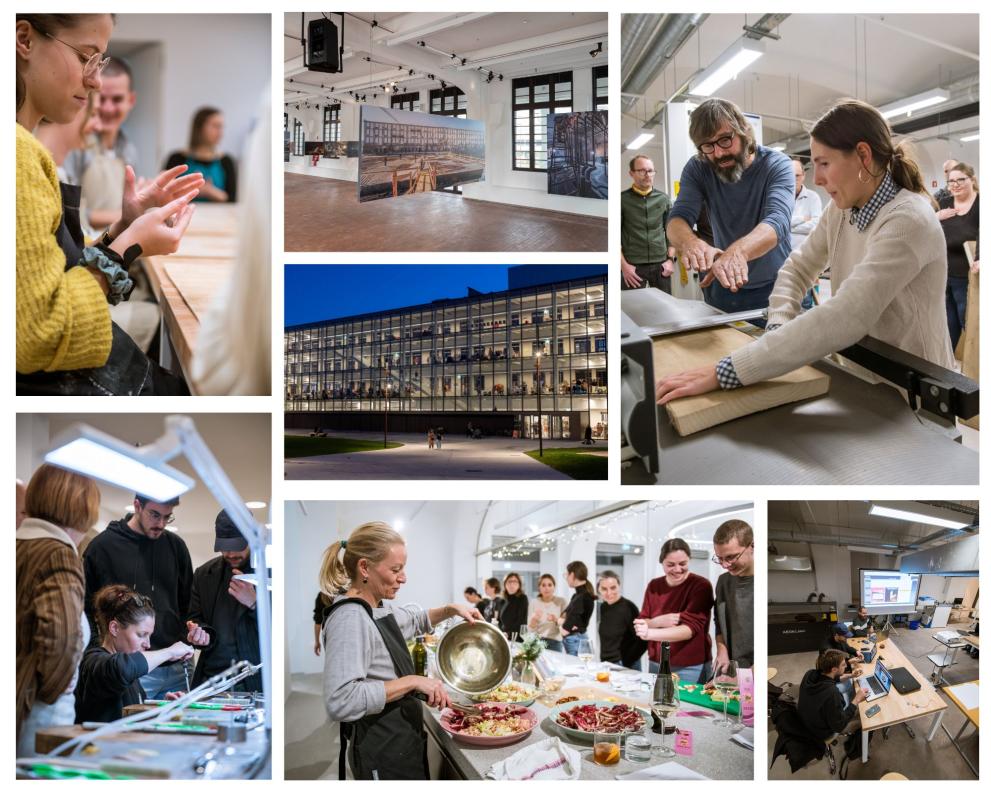Sessions on the MUSEUM stage and PARK stage have been recorded. Check the programme and rewatch!
Through immersive displays and interactive experiences, visitors gain insights into cutting-edge solutions that harmonise design with societal and environmental needs, fostering a collective commitment to building a more sustainable and equitable future.
To get regular updates, make sure to subscribe to our newsletter.
NEB Prizes Exhibitions
The Festival will also feature the New European Bauhaus Prizes 2024 Ceremony, rewarding 20 projects, designs, and ideas that align and exemplify the movement's commitment and embody the NEB values. Discover who are the finalists of the NEB Prizes 2024 .
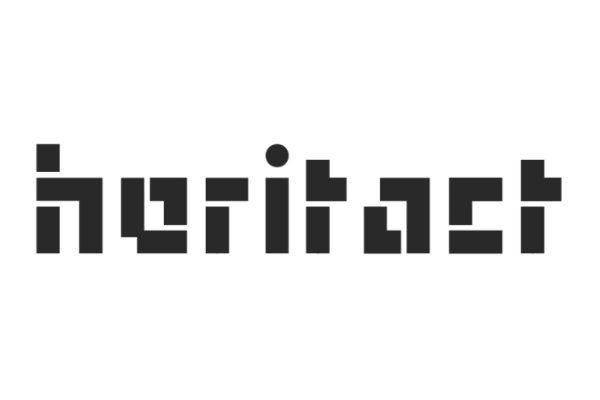
10 April 10:30 | WORKSHOP 1 | In the workshop participants will learn about community-driven mapping in the New European Bauhaus and HeritACT Project. Participants will create a map together, defining locations and questions. Engage in data collection, adding points and commenting on inputs. Experience the power of VGIS for community engagement and heritage reactivation in a hands-on session.
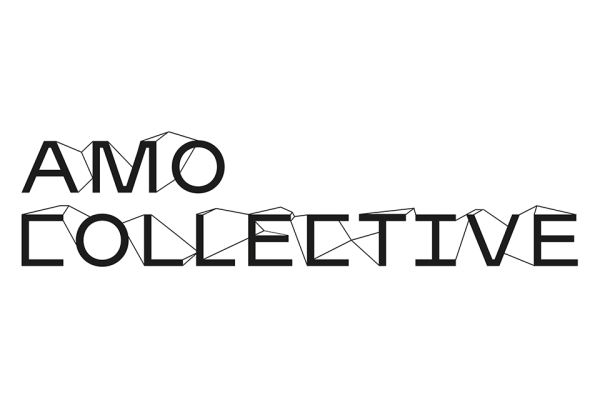
10 April 10:30 | WORKSHOP 2 | It is an inclusive pedagogical process that involves the community, promoting dialogue and reaching agreements.
Participatory planning strategies are generated, enriching community design models. Social inclusion is prioritized, aiming to revitalize public spaces to promote equity, equality, and justice through co-creation and experimentation.
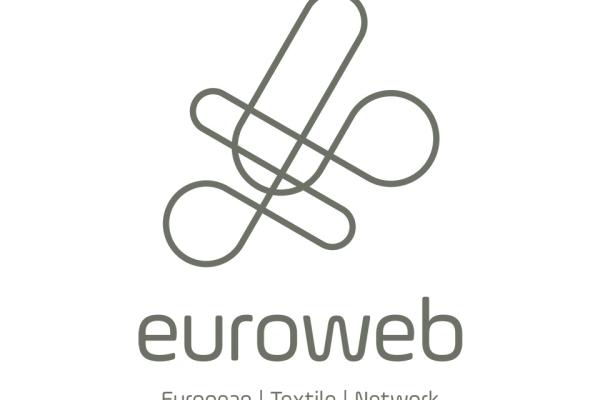
10 April 10:30| LAB 1 | The environmental impact of the textile and fashion industries has become a major concern. European policy now recognizes the need to tackle this issue, and public awareness is also growing, as shown by a growing number of sustainable brands and labels. These LAB will offer a hands-on introduction to natural textiles and fibres, and offer participants some tools to make informed decisions and change their consumptions patterns, fostering a more sustainable and circular textile economy.
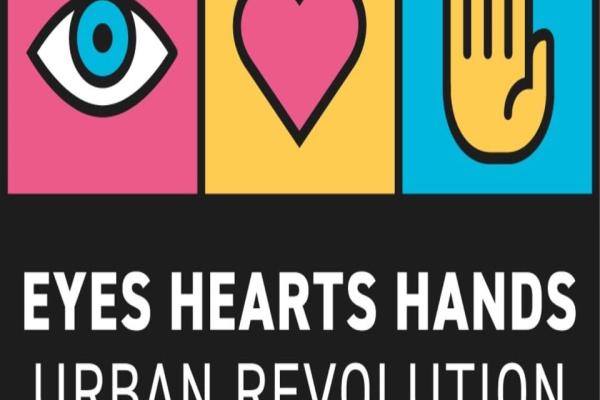
10 April 12:00| WORKSHOP 1 | The EYES HEARTS HANDS Urban Revolution project will develop and test a co-designed methodological structure to support cities in transforming their built environment, using existing good practices and complementing them with the principles of the New European Bauhaus and the EU Missions. A panel of project partners will present the EYES HEARTS HANDS actions and methodologies according to the 3 pillars of the NEB programme: Beautiful, Inclusive, Sustainable.
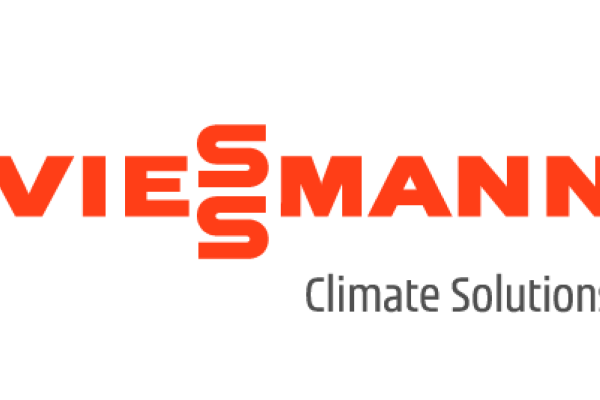
10 April 12:00 | WORKSHOP 2 | Join our workshop to discuss the role of heat pumps for sustainable living spaces - today and in future!
Take a look “behind the scenes” of our design principles and learn what we do to make our heat pumps more sustainable and affordable. Develop ideas together for the “heat pump of the future” - sparked by concepts from ECAL design students.
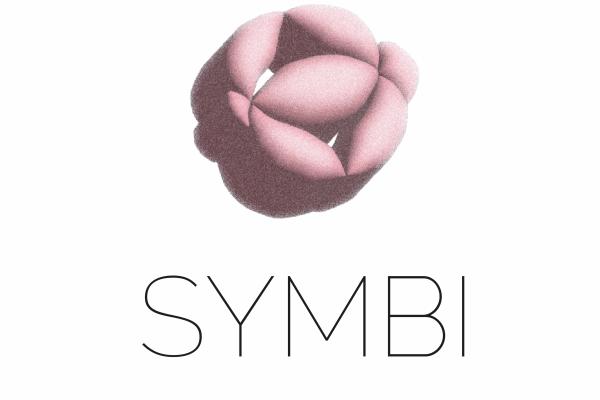
10 April 12:00| LAB 1 | Interaction within designing with living organisms – from the beginning stages to the final material, but also how the process can be expanded to different bio-processes: bacterial pigment and perhaps a controlled way of growing algae would be an important aspect of the LAB. Interaction through touch and smell would be encouraged (focus on the micro-scale and our microbiome). Anthropocentric concern with human health, and material ecology to possible Symbiocene – a story about mutual dependence.
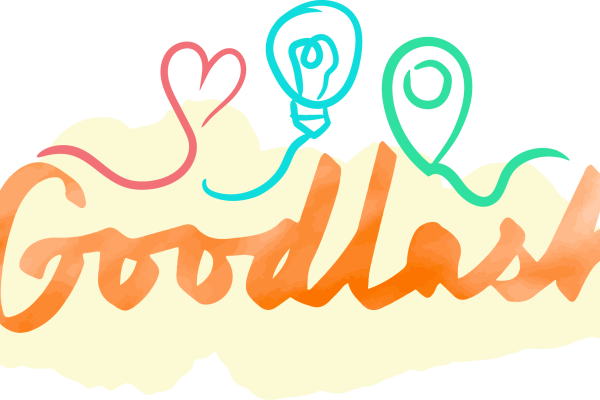
10 April 12:00| LAB 2 |Together with members of the NEB Community we will explore the question, can GOODLASH act as a society incubator in the sustainable society, locally and globally? How? What is missing? What can be improved? Which research questions can be phrased and further explored in theory and practice? How can it be defined? What are the next steps ?
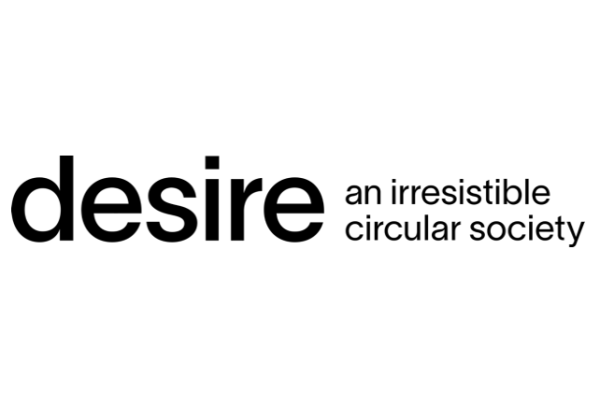
10 April 14:00 | WORKSHOP 2 | The workshop will introduce the 5 Desire principles, bring examples of how they have been used together with citizens and launch the Our Walk App as a digital tool for engagement.
Based on topics that the participants identify themselves, they will be working in smaller groups applying the 5 Desire principles as a dialogue tool to guide the talk in directions that addresses how we may create an irresistible circular society.
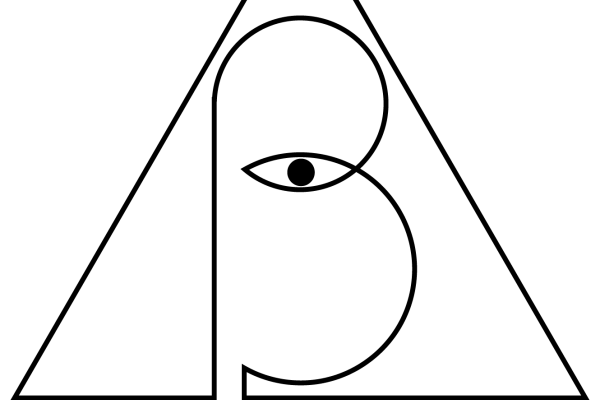
10 April 14:00 | WORKSHOP 1 | The workshop uses classic fairytales as a means of connection and cross-pollination among participants’ projects.
A series of A5 images depicting scenes from classic fairytales will be showcased and participants will select the one that reflects a value of their project, either explicitly or implicitly. Participants will then work in groups, responding to questions and engaging in a dialogue that connects the values presented in the images with their project’s mission and NEB principles
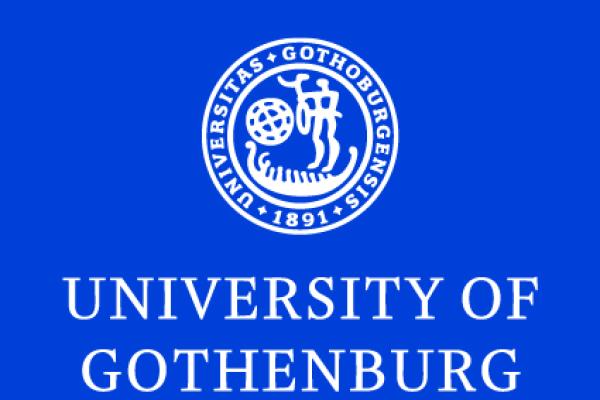
10 April 14:00| LAB 1 | During the Flytevi lab, visitors learn how to make their own seaweed salt. This is an activity that is based on the research that takes place within the University of Gothenburg, where spreading knowledge about how to use products from the sea in your everyday cooking is one of the goals. After the lab, the visitors can take the seaweed salt with them home to try them out in their own kitchens. It will also be possible to taste different salt water, from different parts of the north sea region.
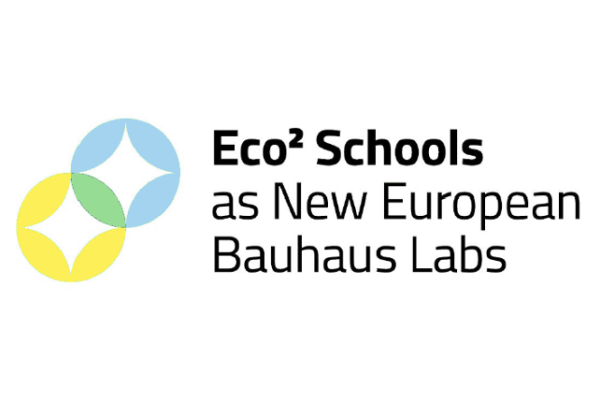
10 April 14:00 | LAB 2 | We think useful to make an interactive presentation of the LAB with a 1h conversation onsite/by videoconference : "Introducing NEB-LAB Eco²-Schools with the 5 first committed pilot sites and host cities". Ellinogermaniki Agogi - PALLINI (GR) // Sigtunaskolan Humanistika Läroverket - SIGTUNA (SE)// Eco²-Campus Microville 112 - COURCY (FR) // University College of Cork – CORK (IE) // Pavilhão do Conhecimento - LISBON (PT).
This conversation will showcase the LAB 3 years experimental program.
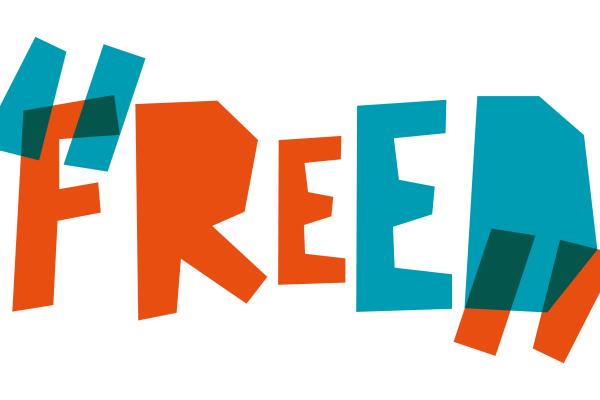
10 April 15:30 | WORKSHOP 2 | An interactive workshop that builds on the experience of the FREED. Foster Relations Empower Democracy project aiming at investigating how the participation and active involvement of citizens from the co-design phase to the campaigning one, can lead to unexpected and creative solutions for the enhancement of the public space
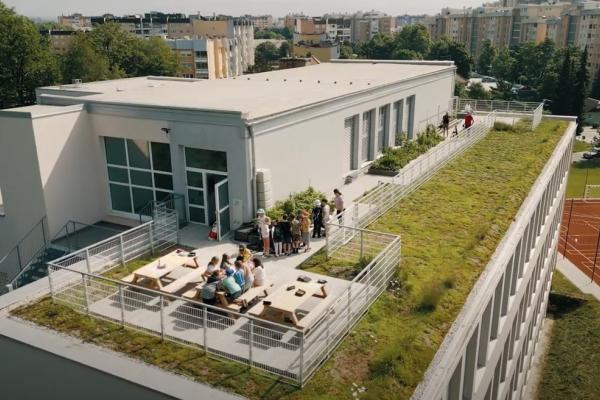
10 April 15:30 | WORKSHOP 1 | Workshop will be showing how we have created the green, friendly environment in the urban infrastructure by including green infrastructure in the school and the program. We will showcase, what are the advantages and how people feel within that environment by showing the movie and having a workshop and present the showcase with all the environmental, social, economic factors that we influence by implementing the "Green Into Grey".
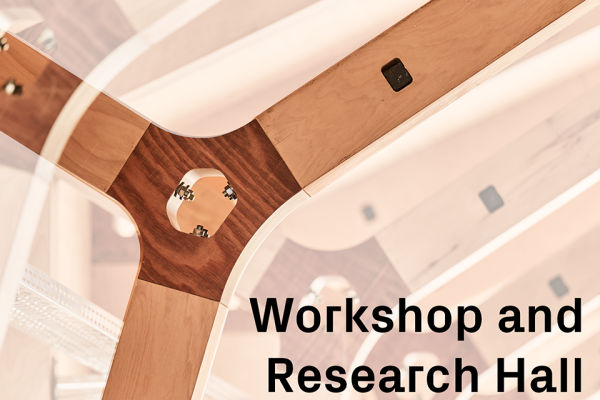
10 April 15:30| LAB 1 | The LAB features explanatory posters, interactive mockups, and models illustrating student involvement from design to completion. Posters highlight structural dismantling and Hall flexibility. Staffed by t-lab experts, the stand showcases reversible component joints at a 1:1 scale. Examples include cone adapters connecting wall elements and demountable facade elements. This interactive approach educates visitors on the project's process and design features.
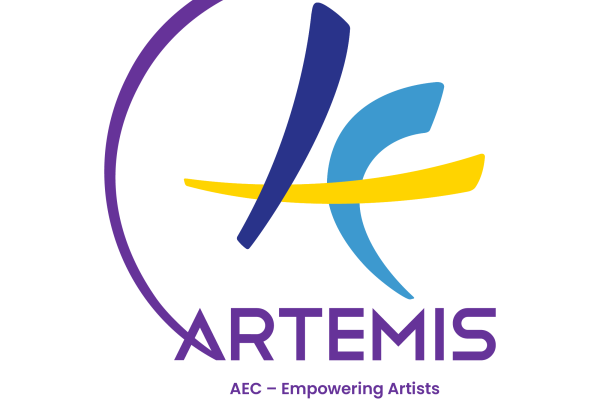
11 April 10:30 | WORKSHOP 1 | Members of the Diversity, Inclusion & Gender Equality (DIGE) Working Group of the AEC –
Empowering Artists as Makers in Society project (ARTEMIS, 2022-2025), co-funded by the European Union, is facilitating an interactive workshop titled ‘Diversity, Equity and Inclusion in Higher Music Education:
An Invitation for Action’, aimed at sharing experiences, identifing good practices and collaboratively envisioning institutional change in relation to DEI in Higher Music Education.
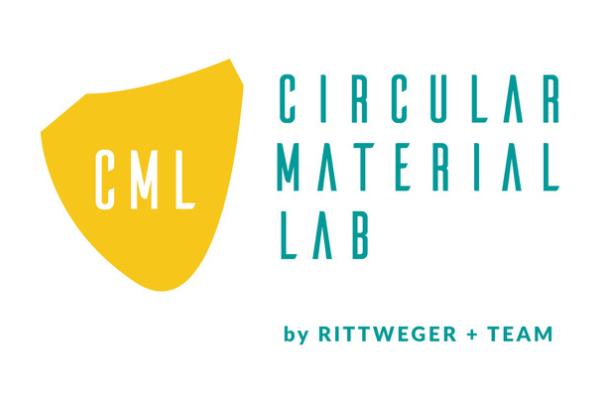
11 April 10:30 | WORKSHOP 2 | This workshop will focus on broader business and entrepreneurial perspectives related to the circular economy.
We will discuss reducing corporate carbon footprints through material alternatives within Scope 3 and introduce a selection of circular economy-worthy material samples for transforming supply chains to achieve decarbonisation through carbon storage in long-lasting products.

11 April 10:30 | LAB 2 | "Reconnecting with Nature" theme by enhancing biodiversity and contributing to climate and environmental indicators. Green roofs are effective at capturing pollutants and filtering the air. This aligns with the NEB’s goal of creating healthier living environments by using nature-based solutions to improve air quality; through their cooling and shading properties, green roofs help mitigate urban heat island effect and making cities more pleasant for inhabitants.
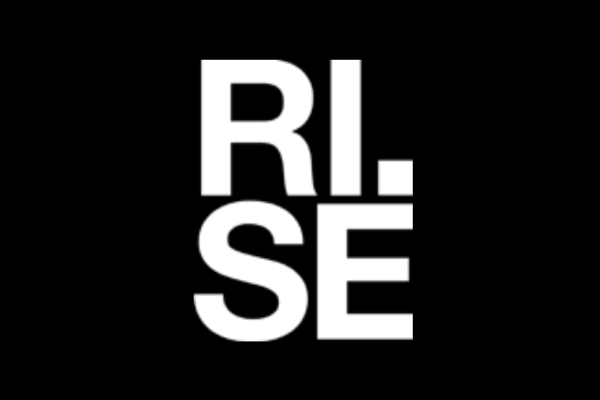
11 April 12:00 | WORKSHOP 1 | The vision and mission of "Vision in the Thriving North" is to align to the values of New European Bauhaus in this societal transformation with the purpose to support the creation of places (cities, villages and neighborhoods) that are sustainable, inclusive and beautiful with the question: How can we create places that are low carbon, that promote biodiversity, and that are beautiful, democratic, and meaningful to the people who live in them?
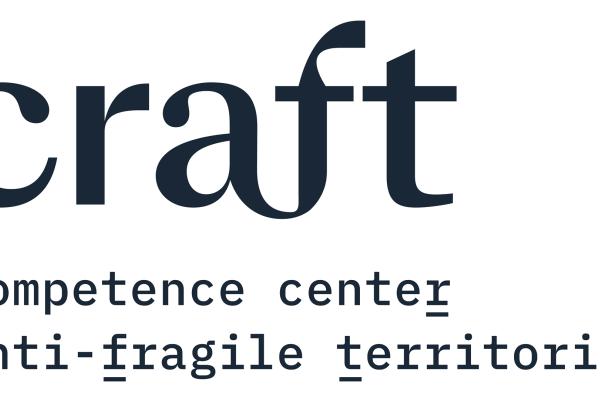
11 April 12:00| WORKSHOP 2 | The workshop focuses ongoing pilot projects and research initiatives of “Territorial Fragility” program (2018-2027). Through the presence of key stakeholders, we stimulate an open public debate concerning the topics of place-based development and “places that don’t matter” as a springboard, starting from the recent publication edited by F. Curci, D. Chiffi, on the topic “Fragility and Antifragility in Cities and Regions. Space, Uncertainty and Inequality”, Elgar Studies in Planning Theory.
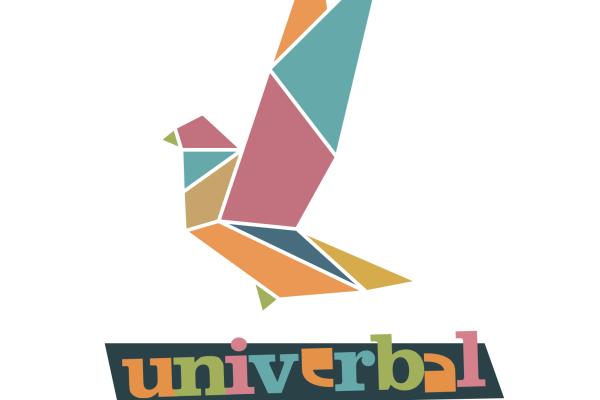
11 April 12:00| LAB 1 | Community interpreters promote mutual understanding, erasing language barriers to help integrate and enhance the intrinsic beauty and quality of life in our cities.
Together, we will discover how to create a project that makes sense and promotes the values of a more just, beautiful, sustainable, and functional society. Through the power of collective intelligence, we aim to collaboratively generate a well-crafted project concept note that has the potential to become true.
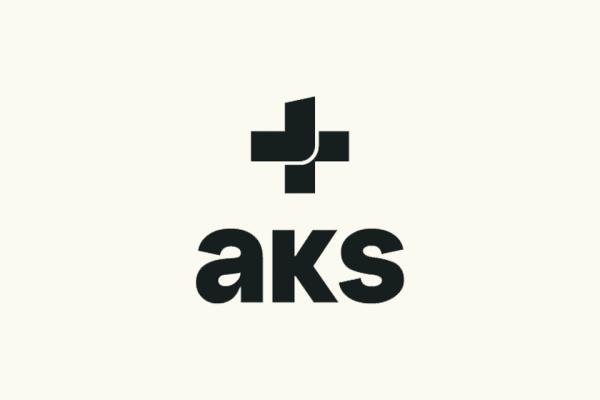
11 April 12:00| LAB 2 | Can what was once “waste” actually turn into production itself? In the world we live in, acceleration of consumption is seen as a level of welfare and production-consumption is not sensitive to ecological balance and our ecosystem. Once Waste Lab explores the concept of waste as potential production material by repurposing it into architectural elements.
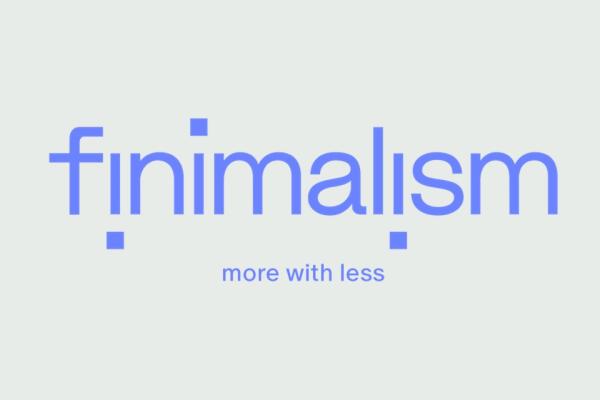
11 April 14:00 | WORKSHOP 1 | Finimalize This! is a live workshop that invites designers and specialists working in creative fields to examine our everyday tasks, items, and concepts – and finimalize them. By finimalizing, we mean creating more value with fewer resources: discovering new mindsets, devising surprising solutions, and establishing a new platform for cooperation among designers from different fields.
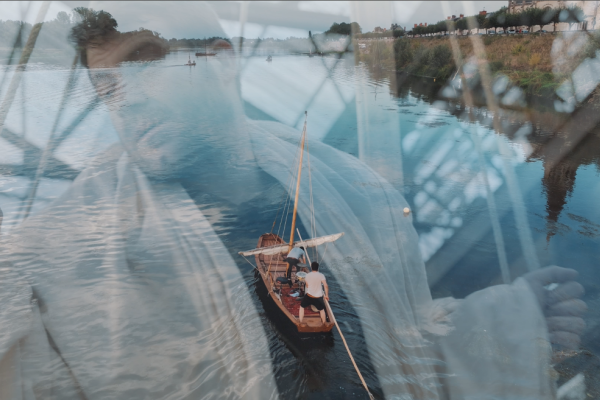
11 April 14:00 | LAB1 | THE SOUND OF SAILS is a major international artistic tour on European rivers on board of a specific art boat produced by SYSTEMIC in France.
The show uses poetic images to explore the link, tension and harmony between humans and non-humans, and ends with the audience performing a ritual with the river bringing an evening in connection with the elements. This new way of touring shows new ways to slow down, be sustainable and make poetry happen where it is not expected.
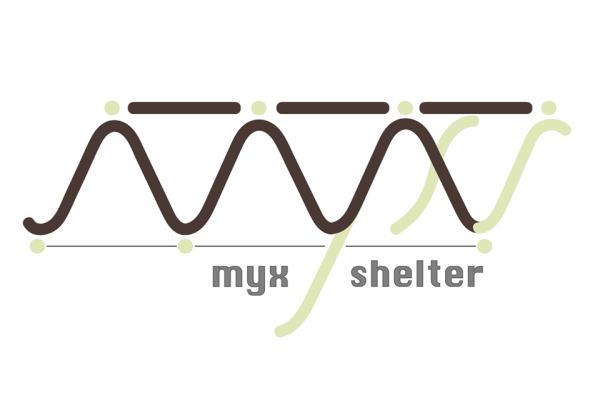
11 April 14:00 | WORKSHOP 2 | The workshop will be an engaging sensory exercise utilizing a mystery box followed by a survey about their experience.
Participants will explore objects grown by fungi inside, by sense of touch, smell and vision. This hands-on experience will prompt discussions among participants, fostering interaction and dialogue. Following this activity, a brief presentation will be provided, shedding light on the production processes of the materials involved and showcasing the innovative Myx shelter.
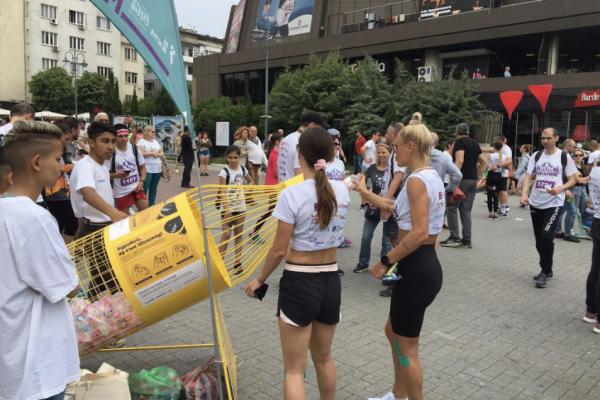
11 April 15:30 | WORKSHOP 1 | Collaborative Brainstorming Session - Future of Sustainable Sports": Design thinking workshop through which we collect ideas, challenges, and solutions for making grassroots sports events more sustainable
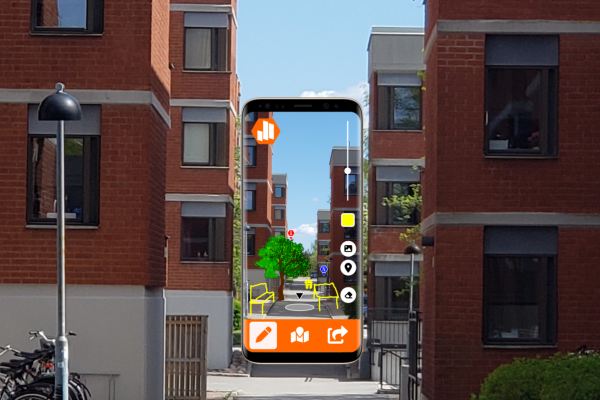
11 April 15:30 | WORKSHOP 2 | Co-design your city with your mobile phone! Metvibee is an augmented reality (AR) platform for collaborative urban design, where you can participate in designing your community and shape the future of your city. In the workshop, you will get hands-on experience in using AR to collaborate with your peers in designing sustainable and inclusive urban communities, and learn how technology can help create participatory design processes at scale.
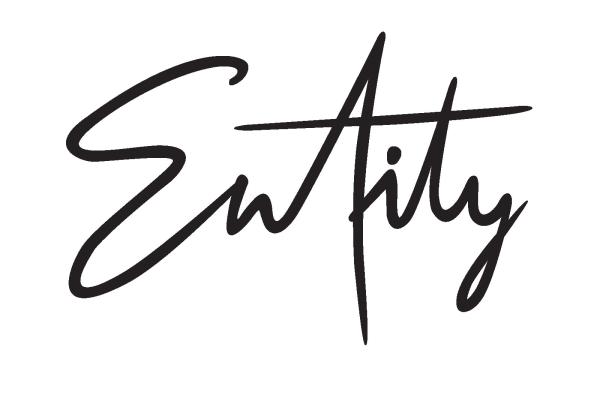
12 April 10:30 | WORKSHOP 1 | Ukrainian artists in "The Entity" project explore transformation since February 24, 2022, mirroring the ever-changing nature of existence.
Like Bauhaus, they adapt to preserve identity amid contemporary challenges.
The project features a transgender girl undergoing transformation, inspiring unique Entity costumes celebrating her journey. Through this collection, they honor the beauty of change, inviting others to embrace it. The project is supported by the Embassy of Ukraine in Belgium.
12 April 10:30 | WORKSHOP 2 | A workshop on how to apply the principles of designing IMPERFECT FUTURE for the wellbeing of people and the planet, in line with the New European Bauhaus values, to your own projects, using case studies and inspirations.
Participation in the workshop requires no prior preparation.
We want to create ideas, experiences, and insights for the future.
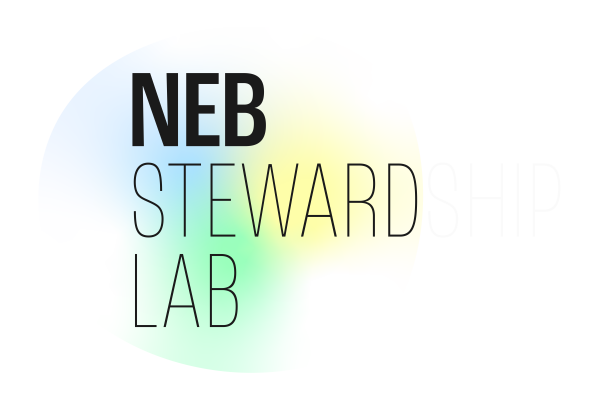
12 April 12:00 | WORKSHOP 1 | The workshop focuses on developing the NEB Stewardship model for higher education.
Together, we work to define ambition levels for the dimensions of knowledge, agency, and care.
By delving into these aspects, we aim to promote a holistic understanding and ownership of the NEB Stewardship model in the academic world.
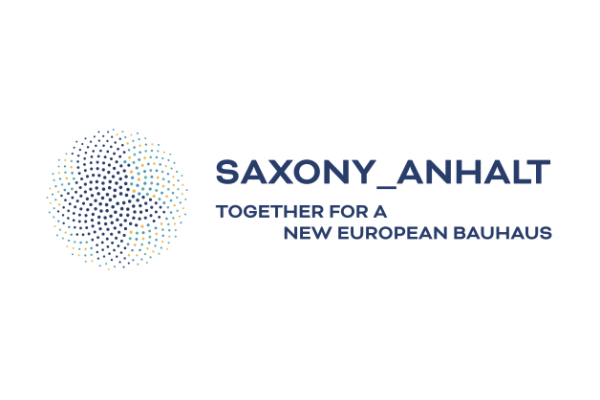
12 April 12:00 | WORKSHOP 2 | We invite you on a historical yet contemporary journey through the state of Saxony-Anhalt, from the historic visionaries to the NEB.
How did pioneers like Martin Luther, Duke Franz of Anhalt-Dessau, Hugo Junkers, the Bauhäusler and others transform their #moderndenken (modern thinking) into mode of action and thereby influenced their eras? What were their ideals?
Which tools did they use to manifest their impacts? AND how can we (re)connect with this cultural heritage and become #NeueBauhäusler?
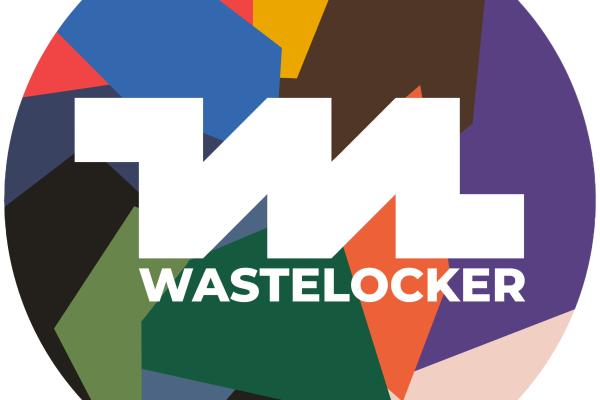
12 April 14:00 | WORKSHOP 1 | Sustainability in the urban environment is about functionality, cleanliness and harmony. The workshop presents a practical example from an average Estonian district, Nõmme.
Nõmme is a municipality of Tallinn with 40.000 inhabitants and a very distinct identity. More recently, it deployed multiple data-based solutions to build a more fair and transparent community. This has impacted multiple areas, bringing change to even one of the most invisible parts of the urban landscape: waste management.
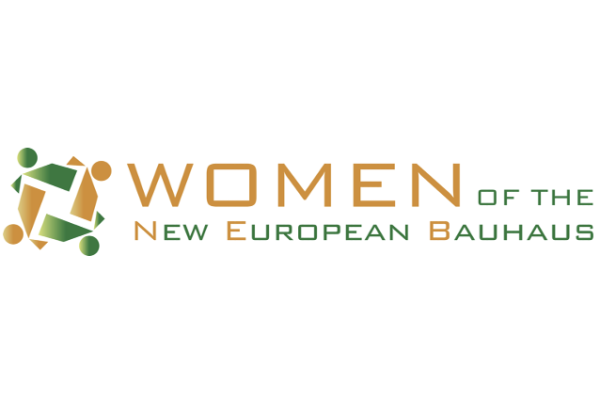
12 April 14:00 | WORKSHOP 2 | Join us in exploring women's urban experiences, celebrating diverse narratives in the city. In this hour-long workshop, women* share their stories, focusing on positive, joyful aspects, moving away from narratives of fear. The workshop adopts a blended approach of storytelling and participatory mapping sessions. Through this we empower women to shape inclusive urban narratives.
*Anyone identifying as a women.
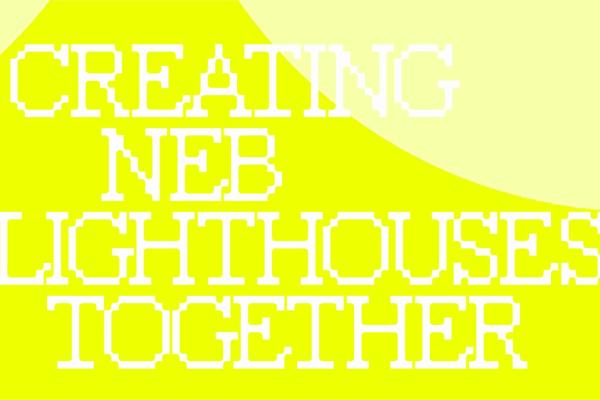
12 April 15:30 | WORKSHOP 1 | The six NEB Lighthouse Demonstrators, NEBourhoods, Cultuurcampus, DESIRE, EHHUR, BOSS, NEB-Star, give a brief insight into their projects, identify points of contact and empower exchange and cooperation. We are looking forward to a Q&A with the guests of the festival.
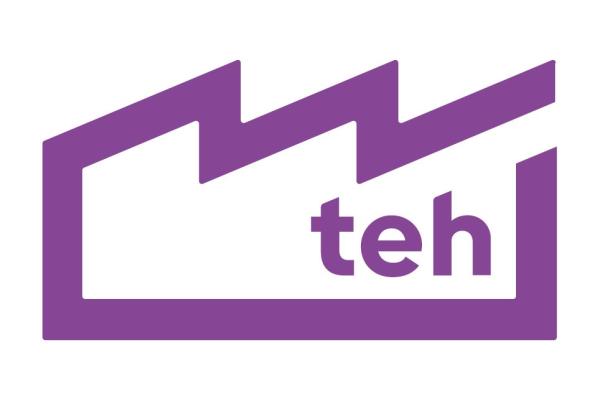
12 April 15:30 | WORKSHOP 2 | Trans Europe Halles (TEH) is a network of cultural centres since 1983, repurposing industrial spaces for arts and community. With 160 members from 40 European countries, TEH supports sustainable development, professional exchange, and advocacy for cultural spaces. At the NEB, TEH plans an interactive workshop to showcase sustainable projects and connect with a wider audience : Come together to sustain the creation of a NEB cluster for the Art !
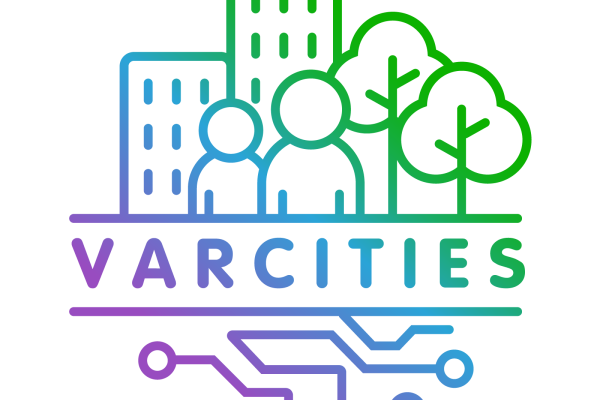
13 April 10:30| WORKSHOP 1 | Co-Design Workshop: hands-on co-design workshop where attendees can actively participate in the urban planning process of nature-based Visionary Solutions, based on their own challenges and experiences. This workshop will inform VARCITIES' replication process.
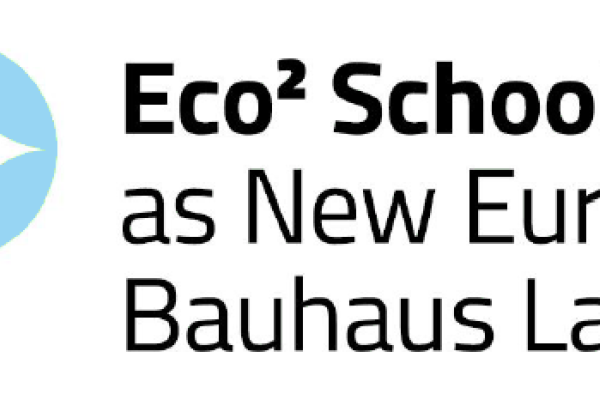
13 April 10:30| WORKSHOP 2 | NEB-LAB Eco²-Schools Team has developped a series of tools (with templates, manuals) and a common method for starting community driven learning-action. The "Chamber of Quality" (advisory board) is supporting the 5 pilot sites (as follower schools) for empowering a common project by co-design, experimentation of a bottom up circular continue improvement, with a step by step guidance proposed to local "core teams" and 3 rituals (review of advancement, project room, editorial commitee).
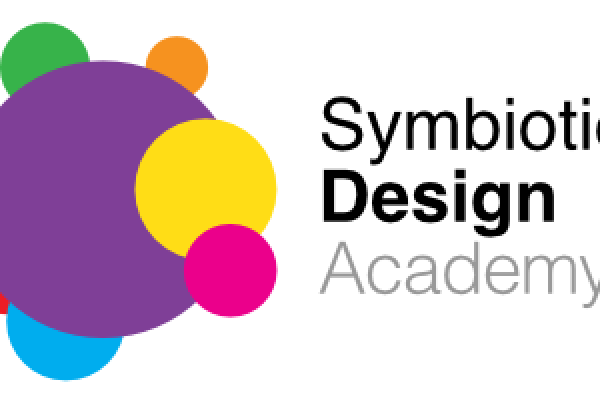
13 April 12:00 | WORKSHOP 1 | The Symbiotic Design Framework enables designers and other professional to ethically transition from isolated, linear and conventional practices into systemic, dynamic and sustainable ones. Reducing their environmental impact and achieving their social and economical goals on target.
During the workshop, an overview of the framework is presented and a practical introductory exercise is carried out based on one of the 8 components that make up the Framework.
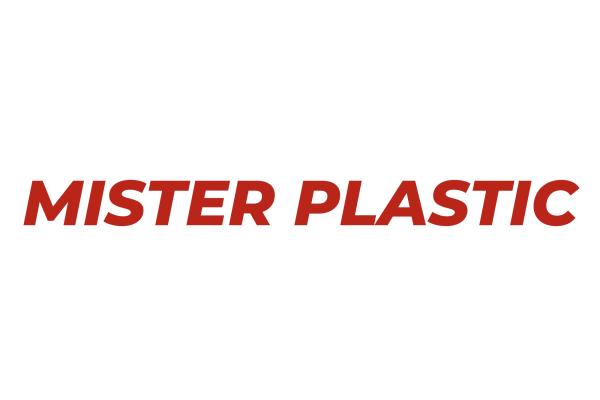
13 April 12:00 | WORKSHOP 2 | This workshop will be a discussion on plastic recycling but also on how can art performances benefit the communication and impact of a project. I will be showing examples though my project "Mister plastic".
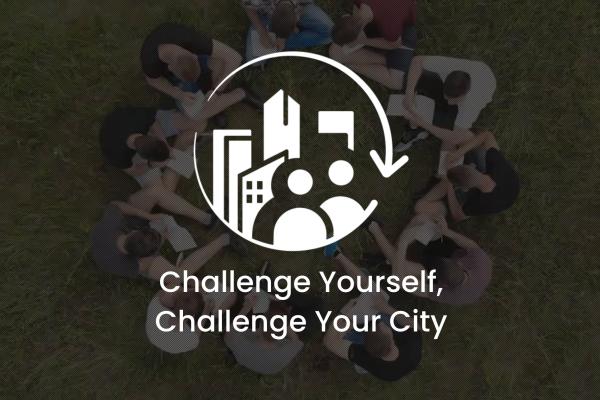
13 April 14:00 | WORKSHOP 2 | The workshop is an introduction to the CCC method, which is a six-step process for identifying and solving circularity challenges in your community. In the workshop, you will learn how to define the problem and the context, analyse the current situation and the root causes, map the stakeholders and their interests and needs, understand your domain of influence and your leverage points, redesign the system to be more circular and resilient, and communicate and implement your solution.

13 April 14:00| WORKSHOP 2 | Univerbal is a community interpreting service led by migrants that helps eliminate language barriers for non-French-speaking migrants and local healthcare providers. Univerbal develops migrants’ skills to structure the service in the social economy, promoting economic stability, cultural integration, and social cohesion. The project highlights the beauty of languages and the importance of including migrants through a social economy initiative that could inspire other European operators.


